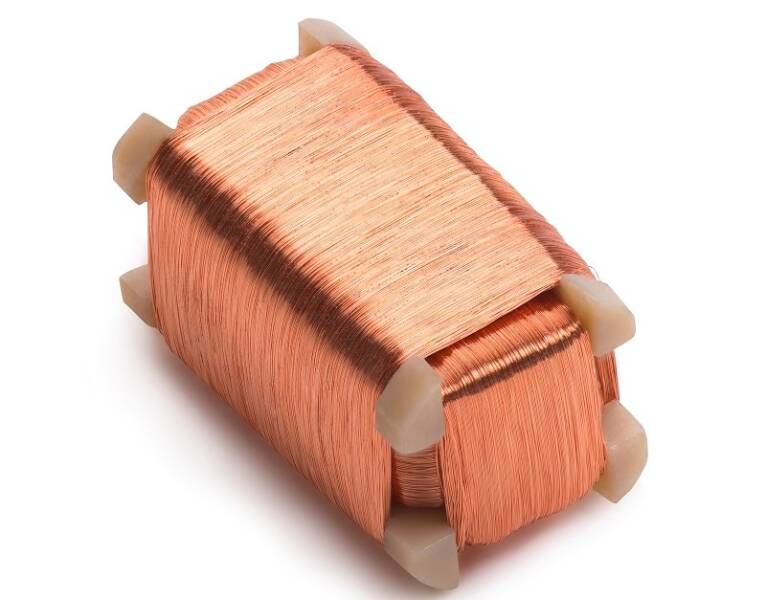The coil winding method is the main procedure to manufacture the micro-coils. But different customers require different types of micro-coils depending on the purpose of use. Therefore, manufacturers need to produce micro-coils by fulfilling their requirements. The custom coil winding method is the micro-coil winding method that follows the needs of the customers.
Nevertheless, it is significant to satisfy the customers and accomplish their needs. There are few manufacturers who can produce various types of micro-coils. For the production of custom-made micro-coils, manufacturers focus on three things, such as electrical efficiency, reliability, and manufacturing cost of the micro-coils. This article will explain to you the custom coil Winding process, applications, and the criteria that the manufacturers should possess.
Custom Coil Winding Process:
The coil winding process is the method of twisting ultra-fine wires in a round, spherical, or helical shape around a pin or a core. However, different customers have different requirements for the shape and size of the coils. For instance, some customers want coreless micro-coils. To prepare the coreless micro-coils, manufacturers have to detach the core after completing the winding of the coils. In order to insert the micro-coils into the vein, coreless coils are effective. To produce micro-coils with different thicknesses, manufacturers change the number of windings around the core. There can be either single-layer winding or multi-layer winding depending on the customer’s requirement.
Manufacturers also need to coat the wires for ensuring protection against reaching the isolation breakpoint. Most ultra-fine wires are made of copper material due to their conductivity. Nevertheless, different application areas demand different materials including stainless steel, platinum, gold, aluminum, titanium, and titanium alloys. For preparing the miniaturized custom-made micro-coils, ultra-fine wires are essential. Handling these wires is a great challenge, especially, when it comes to building a connection between two wires. Thanks to thermal pressure bonding technology that helps the manufacturers to bind the ultra-fine wires effectively.
Applications:
For various applications, custom-made micro-coils are useful, such as pain management devices, devices to monitor pacemakers. Microwave and radiofrequency coils are necessary for electricity-based ablations. Electromagnetic micro-coils are also effective for dental, orthopedic, and electrophysiology treatments.
To prepare the orientation and navigation sensors, micro-coils are obligatory.Micro-coils are critical to producing various types of invasive medical devices including sensors and miniature implants, and various types of transformers including current transformers, grid transformers, chokes, etc. In laboratory equipment, measurement instrumentation, and scientific equipment, electromagnetic coils are useful.
Manufacturing Criteria:
The major criteria that the manufacturers should possess are efficient, experienced, and professional employees, high-notch technical equipment, and mass production ability. Maintaining the high quality of the coils is necessary as micro-coils are useful in different applications from medical equipment to solar panels. The mass production ability is essential to produce the micro-coils in a great number within a limited time.
A manufacturing company should also be able to create frames for different shapes. In particular, manufacturers should produce unique custom coils. Finally, the manufacturers require to integrate the quality assurance program into the manufacturing process.
TechnologyHQ is a platform about business insights, tech, 4IR, digital transformation, AI, Blockchain, Cybersecurity, and social media for businesses.
We manage social media groups with more than 200,000 members with almost 100% engagement.












































